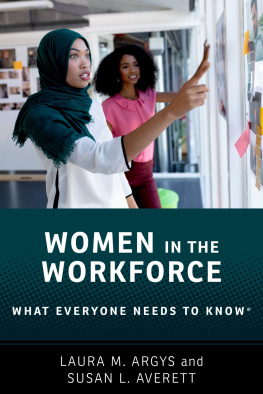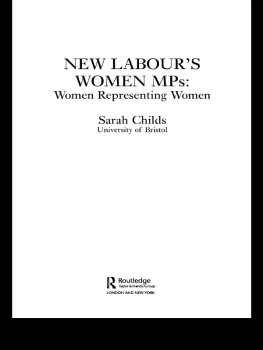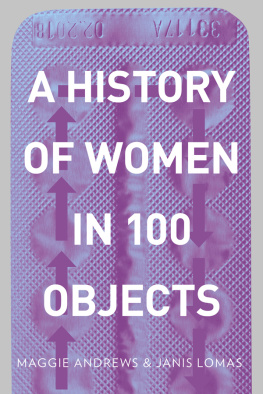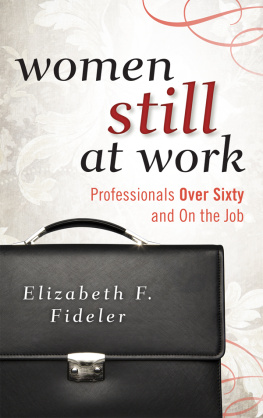First published in 1901
by Methuen & Co., Ltd.
This edition first published in 2016 by Routledge
2 Park Square, Milton Park, Abingdon, Oxon, OX14 4RN
and by Routledge
711 Third Avenue, New York, NY 10017
Routledge is an imprint of the Taylor & Francis Group, an informa business
1901, Methuen & Co., Ltd.
All rights reserved. No part of this book may be reprinted or reproduced or utilised in any form or by any electronic, mechanical, or other means, now known or hereafter invented, including photocopying and recording, or in any information storage or retrieval system, without permission in writing from the publishers.
Publishers Note
The publisher has gone to great lengths to ensure the quality of this reprint but points out that some imperfections in the original copies may be apparent.
Disclaimer
The publisher has made every effort to trace copyright holders and welcomes correspondence from those they have been unable to contact.
ISBN 13: 978-1-138-18976-8 (hbk)
ISBN 13: 978-1-315-64143-0 (ebk)
WOMEN AND THEIR WORK
BY
THE HON. MRS. ARTHUR LYTTELTON
WOMEN AND THEIR WORK
I T is a truism to talk of the change that has taken place in the position of women during the nineteenth century, and, like other truisms, this one also is somewhat of a neglected truth. People assume the fact, and they rejoice at it or bewail it, and comment on the inconveniences or the advantages which accompany it; but they hardly realize what it means. It has been said that there is more difference between the England of the present day and that of the beginning of the nineteenth century, than there was between the England of 1800 and the England of Charles I. And if this is true of the whole state, it is certainly true of the position of women. At the beginning of the nineteenth century, speaking generally, only two of the occupations which women now practise were open to them, and those were domestic life and society. There were, it is true, a few literary women and blue-stockings; but, as a rule, the interests of women were restricted to pleasing men, to the family, and to the household. No professions were open to them; social and philanthropic work in any organized sense was unknown; games, save of the feeblest sort, would have been deemed unsuitable; and the light French sandalled shoes of our grandmothers would not permit of their walking in the muddy lanes which did duty for roads. Nearly all the outdoor occupations and amusements which play so large a part in the lives of women now were unknown. The ideal woman was delicate in health, retiring, and weak. She fainted frequentlyat any rate, in booksand her one aim was to get married, because there was no other possible career which would not stamp her as a failure. She differed markedly in many ways from her descendants.
Now, the change which has taken place has been brought about less by pioneers and preachers and reformers than by the gradual increase of general enlightenment and civilization. The facilities for moving about, the safety of our streets, the macadamized roads, have been the causes on the one hand which have made it possible for women to act and move independently, just as on the other the advance in medical science has prescribed both physical and mental activity, and has made impossible the old view that physical and mental vigour was a thing which should be avoided, or if by chance it was possessed, should, at any rate, be elegantly concealed. There were masterminds in the past, as there have been during the last century, who saw that in the greater equality of men and women, and in the development of all the powers of the latter, lay the true progress of the race, but till the circumstances of life changed their task was well-nigh impossible. Here and there throughout history occur instances of women who have been received as equals by men, but for the mass of women equality could only be produced by civilization.
But what does this equality mean? and what change of thought does it involve? There is no doubt that the whole tendency of the present condition of things is to modify gravely the idea of the relation of men and women which formerly existed, and which still lingers on in various ways. Rousseau stated the relation bluntly: For this reason the education of women should always be relative to that of men. To please, to be useful to us, to make us love and esteem them, to educate us when young and take care of us when grown up, to advise, to console us, to render our lives easy and agreeablethese are the duties of women at all times, and what they should be taught in infancy.* The misfortune is, that to aim at pleasing men is like aiming at being happywe only attain to it by trying for something else. To bring up women in the idea that their only object in the world should be to please and be of use to men, is almost to disable them from fulfilling the relation in its higher aspects. A woman may possibly please a man, she may conceivably educate him when quite young, and look after him when he is old, she may even render his life easy and agreeable; but she will not make him esteem or love her, neither will she advise him or be useful to him in any real sense, unless the inspiring motive of her life be not to please men, but, as the Shorter Catechism has it, To glorify God, and to enjoy Him for ever. Now, when Mrs. Fawcett contrasts, as she rightly contrasts, this great religious ideal for all mankind with the ideal which Rousseau holds up for women, one cannot but ask, Is civilization taking us nearer to the one and further from the other? Is the change in the position of women a gradual development of civilization, and more, a steady unfolding of the Christian ideal of life? or is it merely a side result of the great social changes of the nineteenth century, requiring watching and stemming, as some think even strenuously resisting; on the whole a regrettable phase, and one which it is hoped will soon be followed by a salutary reaction? That is the question which is before us to-day.
If a great change is to be made in human affairs, the minds of men will be fitted to it; the general opinions and feelings will draw that way. Every fear, every hope, will forward it; and then they who persist in opposing this mighty current in human affairs will appear rather to resist the decrees of Providence itself than the mere designs of men. They will not be resolute and firm, but perverse and obstinate.* Now, it would seem as if the womens movement in all essentials fulfilled the conditions laid down by Burke. The minds of men have been in great measure fitted to it; general opinions and feelings have, it cannot be denied, been drawn that way. Hopes have forwarded it, for it has not lacked enthusiastic advocates; fearsalthough they have delayed this or that portion of the advancehave, as before in history, only raised up fresh friends, and the main part of the stream has gone on its way, If the womens movement, like the democratic movement and the reformation movement, is really a mighty current in human affairs, it shouldas it would seempossess the very characteristics which do exist in it.








